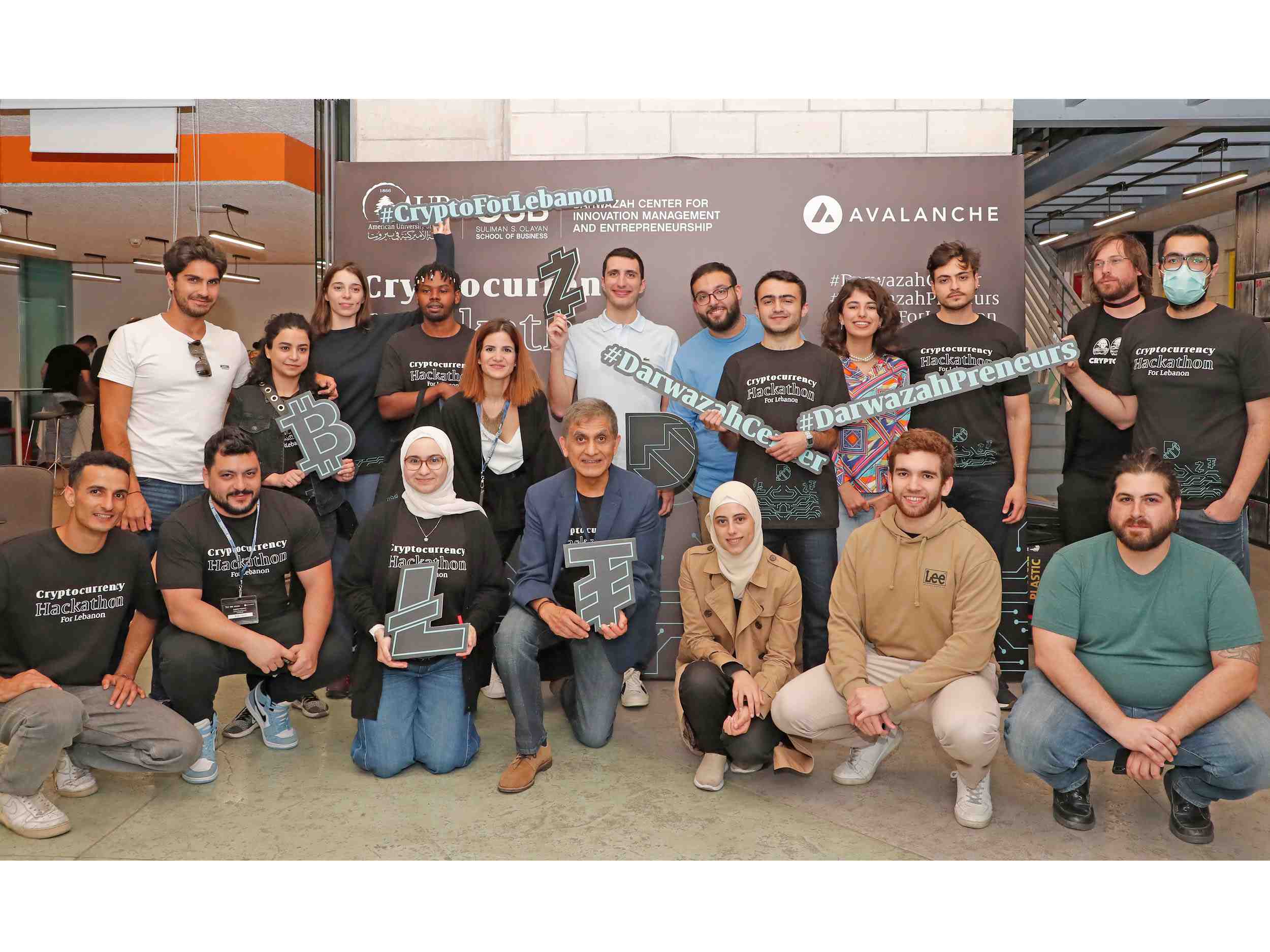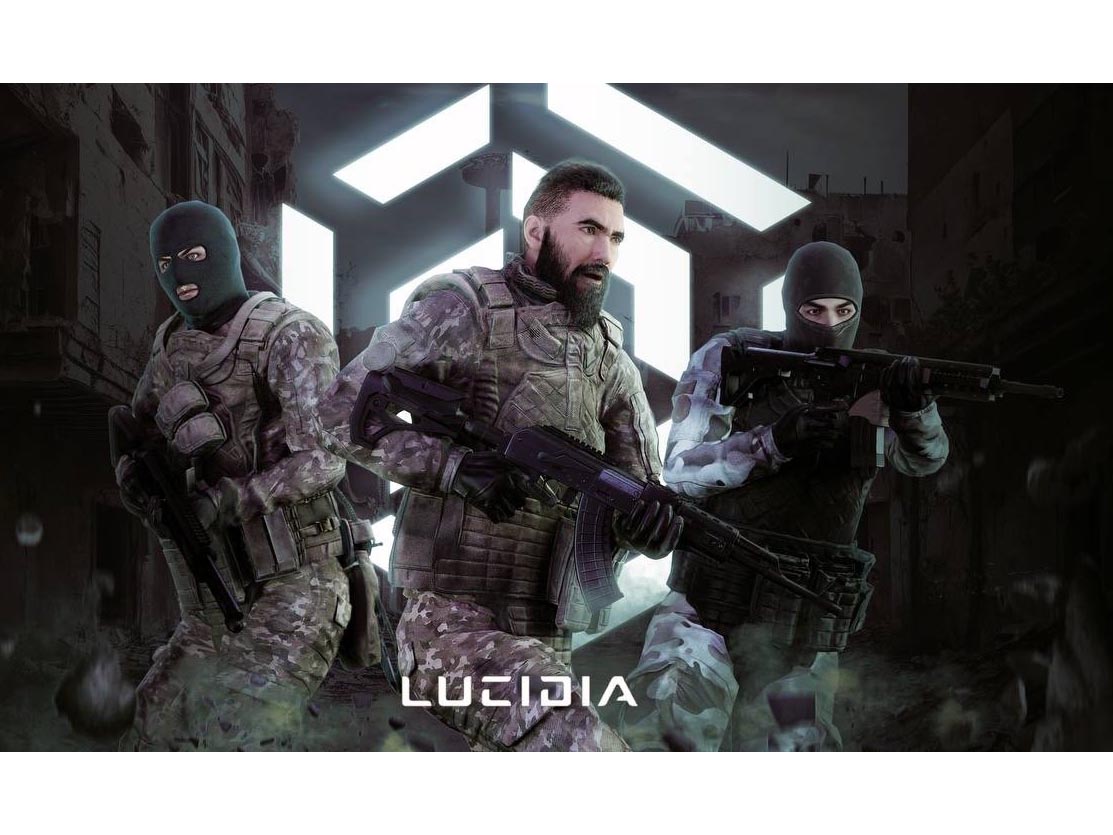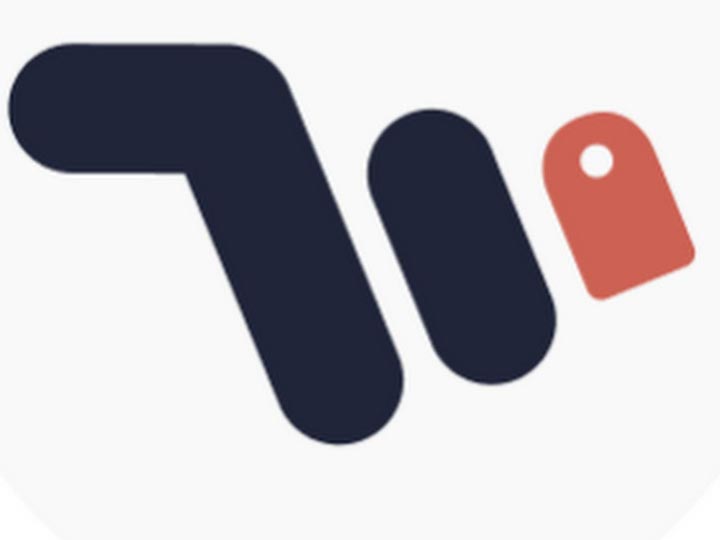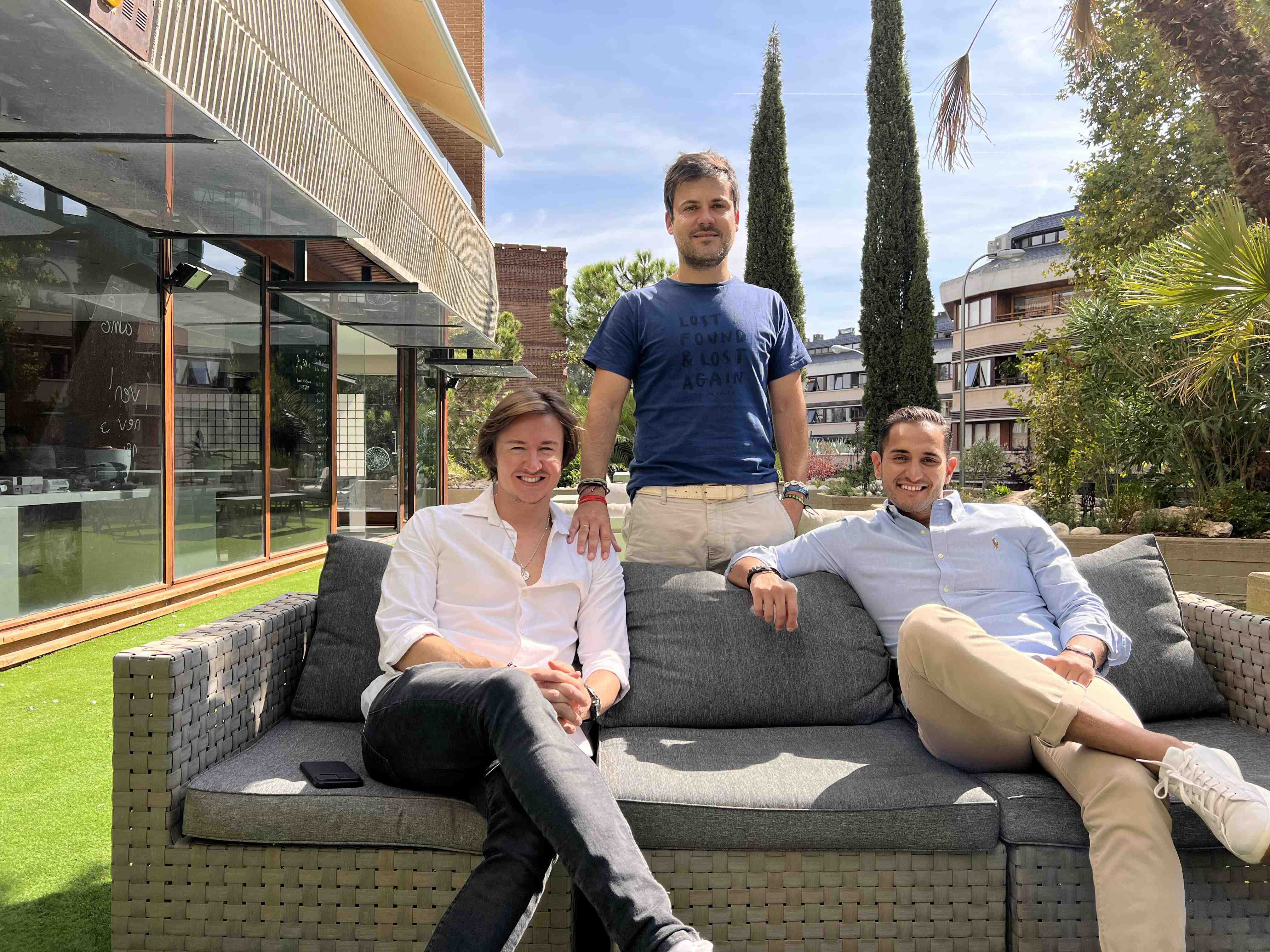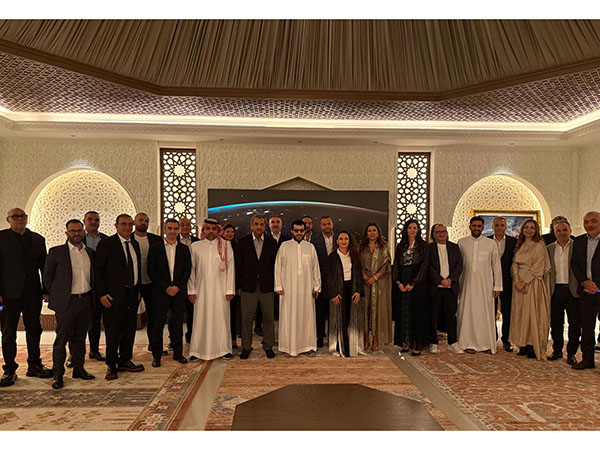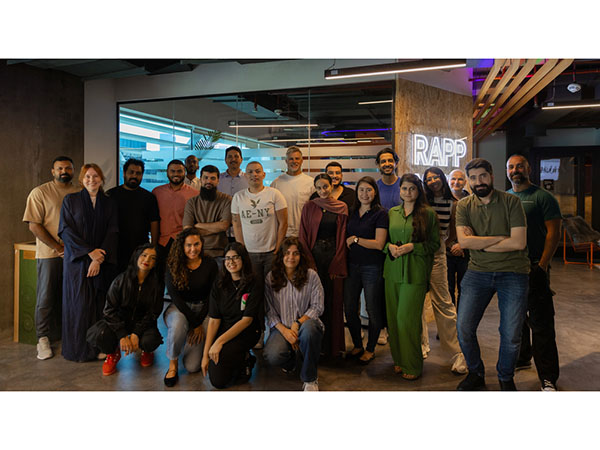News - News In Brief
The AUB’s Innovation Center mobilizes Lebanese youth to tackle Lebanon’s hyperinflation crisis with cryptocurrency
July 4, 2022

Amidst the economic crisis that hit Lebanon since 2019, and the hyper-devaluation of the local currency, where the Lebanese pound (lira) has lost its value by 95 percent, the Darwazah Center for Innovation Management & Entrepreneurship (DC) at the Olayan School of Business (OSB) at the American University of Beirut (AUB) organized a 48-hour hackathon in partnership with Zein AUB iPark and Beirut Digital District in order to engage the Lebanese youth in building ventures to aid the economy of Lebanon enabled by blockchain and cryptocurrency.
The opening ceremony included two panels on the Lebanese local challenges and opportunities as well as the global trends and their relevance to Lebanon featuring cryptocurrency experts: John Nahas, vice president of business development at Ava Labs; Harry Halpin, CEO of blockchain privacy startup Nym Technologies and former MIT scientist; Fatemeh Fannizadeh, crypto legal advisor based in Switzerland; Ray Hindi, CEO/CIO and co-founder of L1 Digital Zurich; in addition to Cyrus Azad, vice president of business development at Digital Transit; Charbel Ghossan, founder and CEO of Digital Transit; Abdulwahab Alzuaby, CTO of Arcadous.gg; and Rafic Farra, founder of Walleti & Coinsultancy.
The hackathon participants attended pre-hackathon workshops by guest lecturers from AUB and other universities who focused on how blockchain technology can help economies like Lebanon that suffer from hyper-inflation. Following the information sessions, the participants were divided into six teams who received mentoring by top-notch experts, to design, develop, validate, pivot and take their idea to the next level towards launch within 48 hours only.
Panelists emphasized on key challenges and opportunities for crypto to fulfill its potential. John Nahas called for a laser sharp focus on, “removing adoption barriers and for mainstreaming of crypto which is core mission of Ava Labs.”
Ray Hindi, the GM and co-founder of Swiss Asset Manager, with 600 million dollars worth of digital assets, made it clear that “sophisticated institutional investors, such as university endowments, who are underwriters of the recent a16z 4.5 billion dollar fund announced on 25 May 2022, understand that there are cycles in crypto assets, but we need to bring that knowledge to all investors.”
Harry Halpin’s main point was to counter the hype by mainstream media that "crypto technology is not a speculative asset, but enabler platform to tap into DeFi’s enormous potential."
The Swiss DeFi lawyer Fatemeh Fannizadeh concluded "crypto approach and technology unleashes novel means of financial services governance which we have not seen before and we have the opportunity to build it from the ground up by empowering ordinary people who have never had the chance to do this."
On Demo Day, the six finalist teams pitched their venture ideas and were evaluated by the internationally renowned jury: Dr. Harry Halpin; Fatemeh Fannizadeh; Sami Kteily; Gabriel Cardona, developer evangelist at Ava Labs (who joined remotely); Masoud Sakkijha, expert in digital transformation in financial services; and Dr. Elie Nasr from AUB/AUST.
The closing ceremony was marked by the speech of the world famous Bitcoin expert Amir Taaki, co-founder of Agora movement in DeFi, hacktivist, and programmer who is known for rewriting a portion of the bitcoin code and for pioneering many open source projects. Taaki, who was listed by Forbes in 30 Under 30 in 2014, gave a very inspirational speech at the closing ceremony, he made a call to action for DeFi to make a difference, “we need to find our inner strength and power and now we have an opportunity to open avenues to the rest of the world.”
Nour El Saadi, on the hackathon team wining first prize said, “I am a biology undergrad doing my master’s in business analytics. The hackathon pushed me way beyond my comfort zone allowing me to dive into the world of cryptocurrency while being mentored by top notch global players just within 48 hours.” Clémence Jabre, on the third prizewinner team and one of Dr. Halpin’s students said, "when I look at the cryptocurrency space, privacy looks like an Achilles heel." She added, “but there is hope since technologies like Nym’s platform is trying to fix."
Dr. Azad sated, “the state of cryptocurrency today is a lot like the e-commerce of 2000, we need to go beyond the hype so that ordinary people can understand what crypto is about and how they can adopt it in their financial transactions… that means it is a long road ahead and we have a lot of work to do.”
The hackathon event culminated in four winning startup ideas that are ready to build their minimum viable products including a crypto “scratch card” to make it easier to use Bitcoin for those without digital wallets. The first prize went to CrypLock that brings trustless operations to over the counter crypto transactions via a digital escrow. The second prize went to Cash2Coin which aims to make crypto transactions as easy as ATM operations via stablecoins. The third prize was received by Walleti-Increase Mass which works on market adoption of crypto by offering pre-paid crypto scratch cards and an app. The fourth prize was won by D-Bank that woks on enhancing SME reputation building via blockchain-based networks. The winners received respectively $15,000 offered by the event’s Gold Sponsor, Avalanche, $10,000 offered by the Silver Sponsor NYM Technologies, $5,000 offered by the Bronze Sponsor L1 Digital, and $1,000 offered by NYM Technologies.


